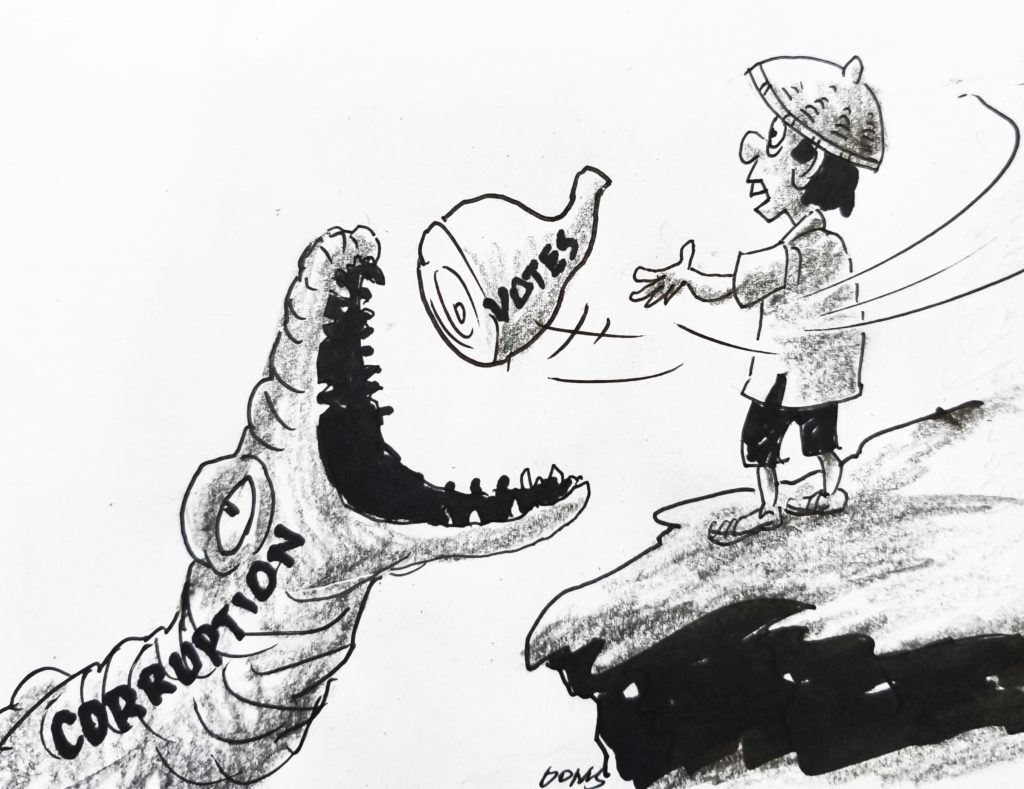Corruption in the country remains one of the most destructive forces crippling governance and society. It thrives not only because of dishonest leaders but also because of a political culture that tolerates and even perpetuates it. This entrenched cycle must be confronted, or the nation will remain shackled to its own decay.
Most candidates who run for public office already come with the intention of enriching themselves once in power. The very system of elections, from the filing of candidacies to the campaigns, is built on enormous expenses that politicians expect to recover through irregularities after assuming office. This makes corruption not an accident, but a deliberate strategy embedded into political life, producing leaders whose first allegiance is to their pockets rather than the people.
But politicians are not the only guilty parties. The majority of voters, weighed down by poverty, contribute to the persistence of corruption by selling their votes. A few hundred pesos or a kilo of rice becomes enough to decide their choices during elections. This cheapened democracy ensures that public service is auctioned to the highest bidder, breeding a political class skilled not in governance but in bribery and manipulation. The electorate, desperate for immediate relief, unknowingly signs away the future of the nation for temporary gain.
Even the rare politician who enters office with honest intentions eventually succumbs to corruption. The demands of constituents—financial help for hospitalization, burial expenses, or community projects—become overwhelming. Since personal funds are insufficient, officials are compelled to look for other sources, often through misuse of public resources. Refusal to yield to these requests translates into political suicide, as voters are quick to abandon leaders who do not provide handouts. This social expectation cements corruption as a necessary currency for survival in office.
To break this cycle, reforms must target both leaders and the masses. Strict campaign finance laws, stronger enforcement of anti-corruption measures, and a relentless cleansing of government institutions are essential. Equally crucial is the political education of citizens so they understand the value of their vote and the long-term consequences of selling it. Poverty alleviation, coupled with systemic transparency, is the only way to weaken the foundations of corruption that have long imprisoned the nation.




